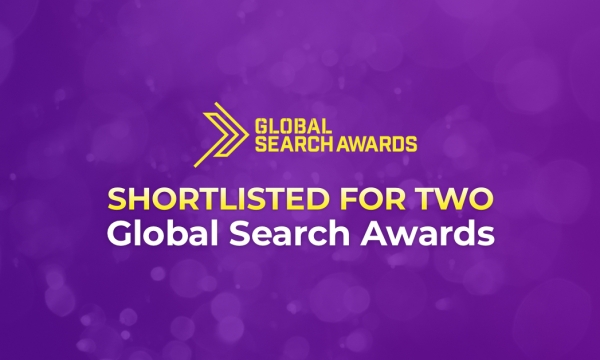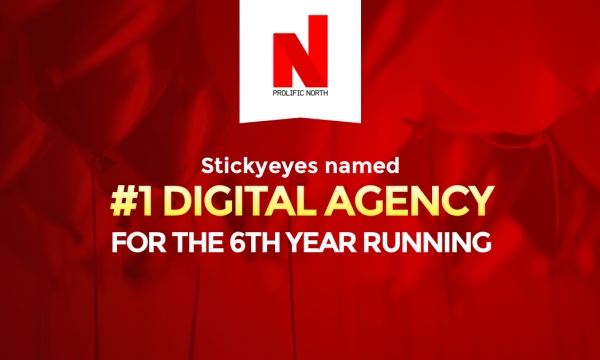It has been another busy week in the world of digital, so let’s look at the stories that got us talking around the office this week.
UK Shoppers spent £810m on Black Friday

Black Friday usurped Cyber Monday as Britain’s biggest shopping day, with £810m spent online according to IMRG.
The combination of heavy marketing by retailers and the pre-Christmas pay day for both four and five-weekly paid workers led to a record day for British online retailers, according to the retail group. IMRG originally estimated that £555m would be spent on Black Friday.
The flurry of traffic even caused the websites of several retailers to crash, with Currys PC World, Very.co.uk, John Lewis and Argos all experiencing problems during the day.
The group claimed that online sales on “cyber Monday” were slightly more modest at £650m, claiming that improvements made by retailers in product delivery, such as click and collect, has encouraged consumers to leave shopping until the last minute.
Microsoft says goodbye to Clip Art

It may have embodied the internet in the 1990s, but Microsoft is saying “goodbye” to Clip Art.
The software giant has announced that Clip Art will officially be phased out in the newest versions of Office software, which will instead direct users to Bing image search.
Microsoft had been phasing out Clip Art in Office 2013, shifting Clip Art to Office.com, as users reverted to web searches and stock photography instead of Clip Art.
To make sure that users don’t fall foul of copyright laws, the feature will include a copyright filter based on the Creative Commons licensing system. That means it will help users to find images that can be shared, modified, or used for commercial purposes.
Google launches new reCAPTCHA

Google has revamped its reCAPTCHA, offering a more user-friendly way for searchers to determine that they are actually human.
Google employs reCAPTCHAs if it detects high volumes of queries from a particular IP – the most common cause of which is automated bots. The reCAPTCHA is essentially a mechanism to verify whether a user is a human being or a robot. Previously, this system required users to retype some randomly scrambled text – which was often illegible to the human eye.
The new system, called “No CAPTCHA reCAPTCHA” will simply ask users a basic question and require them to tick a box that simply confirms that they are human.
Google says that the new system is more mobile friendly and will be easier for users.
Bing Pulse – now open to all

Microsoft has made Pulse, its audience survey tool, available to anyone.
Pulse is an interactive polling service that allows audiences to interact with events. It’s widely used by television networks in the US, with FOX News recently using Pulse to measure audience sentiment to Barack Obama’s State of the Union address.
By opening it up to wider audiences, Bing is hoping that brands and individuals can take advantage of the service. For example, conference organisers could use the system to assess the reaction of audiences to individual presentations or speakers.
Bing Pulse is currently in beta and will stay that way until the end of January 2015. It’s widely expected to be available in a ‘freemium’ package after January 31st.
Sephora typo creates social storm.

Make-up giant Sephora was at the centre of a social media meltdown this week – with just one letter getting them into trouble.
To celebrate the opening of a new store in Sydney, the make-up brand launched a “countdown to beauty” hashtag. Unfortunately, a slip of the finger meant that the hashtag was launched without a crucial letter ‘o’.
Unsurprisingly #C***downToBeauty started trending almost immediately, causing plenty of raised (but presumably perfectly formed) eyebrows.
The lesson here? Spell check doesn’t work well on Twitter!


